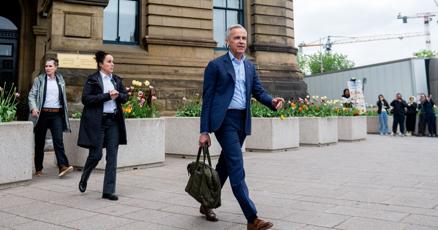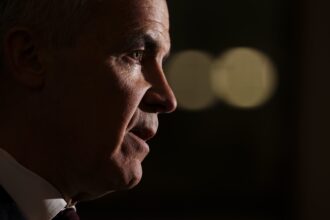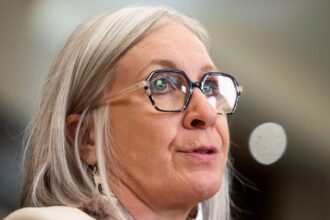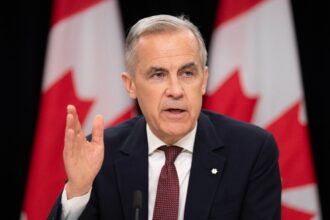The whispers have grown louder with each passing month. Mark Carney, former Bank of Canada and Bank of England governor, appears to be positioning himself for a significant role in shaping Canada’s economic future. His recent appointment to lead a new economic growth council signals what many have long suspected: Carney is carefully laying groundwork for a more prominent position in Canadian public life, possibly even as a future Liberal Party leader.
But beyond the political speculation lies something more immediately consequential. Carney brings a unique perspective to Canada’s economic crossroads—one that combines global financial expertise with a growing focus on climate capitalism. His approach could fundamentally reshape how we address our most pressing national challenges.
What makes Carney’s potential impact so significant is his ability to reframe economic problems. Where others see Canada’s vast geography as a disadvantage, Carney recognizes it as a strategic asset in a resource-constrained world. Our abundance of critical minerals, renewable energy potential, and agricultural capacity aren’t liabilities—they’re foundations upon which to build prosperity in an era of global uncertainty.
This perspective shift matters tremendously. For decades, Canada has struggled with productivity issues, innovation gaps, and the complexities of being a resource-dependent economy in a decarbonizing world. The traditional political approach has been to view these as problems requiring government intervention or market correction. Carney’s approach suggests something different: transforming these challenges into business opportunities.
Consider our climate transition. Rather than framing decarbonization as an economic sacrifice, Carney sees it as a massive investment opportunity—one where Canada’s clean electricity, hydrogen potential, and carbon capture capabilities position us favorably. His work with Brookfield Asset Management on climate-focused investments demonstrates this isn’t merely theoretical; it’s actionable strategy.
The same principle applies to our housing crisis. Rather than viewing it solely through the lens of social policy, Carney’s approach would likely emphasize the economic growth potential in dramatically expanded construction, innovative financing models, and reimagined urban development. The housing shortage becomes not just a problem to solve but a sector ripe for entrepreneurial transformation.
“When you have clarity of purpose, you have a North Star that guides policy,” Carney remarked in a recent interview. This philosophy underpins his approach—creating alignment between public goals and private incentives rather than treating them as opposing forces.
Of course, skeptics rightfully question whether this business-oriented framework adequately addresses inequality and ensures benefits flow beyond investors and entrepreneurs. The “open for business” approach has, in many contexts, prioritized corporate interests over broader social welfare. Carney’s challenge will be demonstrating how his vision incorporates genuine inclusive growth rather than simply repackaging trickle-down economics.
His background suggests he might thread this needle more successfully than most. Unlike pure financial sector figures, Carney has actively engaged with climate justice issues and acknowledged the limits of unfettered markets. His book “Value(s)” explicitly argues for balancing market dynamism with social responsibility—a promising foundation for his current task.
What remains unclear is how Carney’s approach will translate into specific policy recommendations. Will his council propose bold structural reforms to Canada’s tax system, housing policies, and innovation ecosystem? Or will it offer incremental adjustments to existing frameworks? The difference will determine whether his contribution represents a genuine paradigm shift or merely a rebranding of familiar approaches.
For Canadians concerned about our economic future, Carney’s council bears close watching. His unique position—respected by the business community yet committed to climate action, experienced in government yet fresh to electoral politics—creates an opportunity to bridge divides that have long stymied Canadian economic policy.
As we face global uncertainty, climate imperatives, and domestic challenges, perhaps Carney’s most valuable contribution will be demonstrating how turning problems into opportunities isn’t just clever reframing—it’s essential strategy for a nation seeking both prosperity and purpose in a rapidly changing world.
The question isn’t whether Mark Carney will play a significant role in shaping Canada’s future—he already is. The real question is whether his vision of challenges transformed into opportunities will deliver the economic renewal Canadians increasingly demand.
You can explore more perspectives on Canada’s economic future in our CO24 Opinions section, or dive deeper into cultural shifts shaping our national identity at CO24 Culture.

























